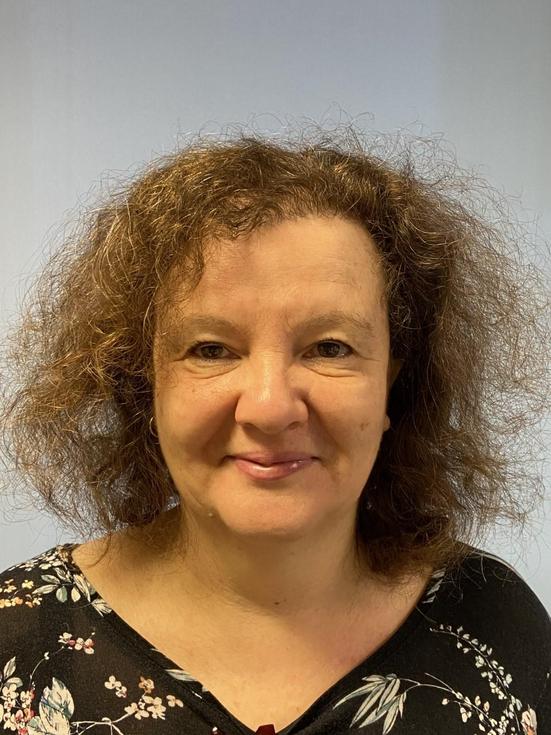
Safeguarding - Policies and Links
Unicorn Primary School is committed to safeguarding and promoting the welfare of children and young people and expects all staff and volunteers to share this commitment.
Safeguarding
At Unicorn Primary School we recognise that we have a duty of care to ensure that all users of the school are kept safe from harm. We are committed to providing a secure and supportive environment in which children can be nurtured and encouraged to reach their full potential. All our staff, governors and volunteers have had the appropriate level of safeguarding training and know what procedures to follow if they suspect a child is being abused or neglected.
We have a number of policies and procedures in place that contribute to our safeguarding commitment, including our Child Protection and Safeguarding Policy which can be viewed in the Policies section of our website. These policies are underpinned by Bromley Safeguarding Children Board procedures and also by ‘Keeping Children Safe in Education’ (DfE 2016).
The school’s staff, volunteers, governors and service providers recognise that safeguarding and promoting the welfare of children is a shared responsibility with parents and other carers. Therefore if you have any concerns about a child’s welfare or the conduct of a member of staff, governor or volunteer please contact our Designated Safeguarding Leads Miss. C. Bevan (Assistant Head) on 020 8658 0282 Miss V Elvines (Head of School) or by emailing them via safeguarding@unicorn.mslt.org.uk.

Miss V Elvines (Headteacherl) Designated Safeguarding Lead

Miss C Bevan (Assistant Head) Designated Safeguarding Lead
You can also contact Bromley Social Care yourself on 020 8461 7373 / 7370 / 7026 or the NSPCC helpline on 0808 800 5000.
E-Safety tips
CEOP Command
The NCA’s CEOP Command is here to help children and young people. They are here to help, if you are a young person and you or your friend have been forced or tricked into doing something online, or in the real world.
They also have advice and links to support for other online problems young people might face, such as cyberbullying and hacking.
CEOP (Child Exploitation & Online Protection). - Please remember it is possible to report abuse and exploitation direct to CEOP by clicking on the link.
E-Safety - helping your child stay safe
The best way to help your child to be a safe when using the internet and new technologies is to talk to them and make sure they understand these simple rules:
- You should never give out personal details to online ‘friends’. Use a nickname when logging on and don’t share full name, email address, mobile number, school name and any photos, including photos of family or friends – any picture or video online can be changed or shared without permission.
- Talk to your child about what they are doing online and who they are talking to. Get them to show you how to use things you are not familiar with. Keeping the computer in a family room means that you can share your child’s online experience, they are less likely to act inappropriately (i.e. via webcam) and their online ‘friends’ will see they are in a family room.
- If your child receives a message that upsets them, remind them not to reply, they should save the message and show you or another trusted adult.
- Spam and junk emails and texts are not true, don’t reply or send them to anyone else, just delete them.
- Don’t open files sent from people you don’t know. They could contain a virus, or worse – an inappropriate image or film.
- An online ‘friend’ is anyone you have not met in real life; no matter how long you have been friends with them.
- Help your child to understand that some people lie online and that it’s better to keep online ‘mates’ online. They should never meet up with any online ’friends’ without an adult they trust.
- Make sure they know how to block someone online and report them if they feel uncomfortable.
- Make sure your child feels able to talk to you, let them know that it’s never too late to tell someone if something makes them feel uncomfortable. Don’t blame your child, let them know you trust them.
Further Information:
Some useful links for parents:
